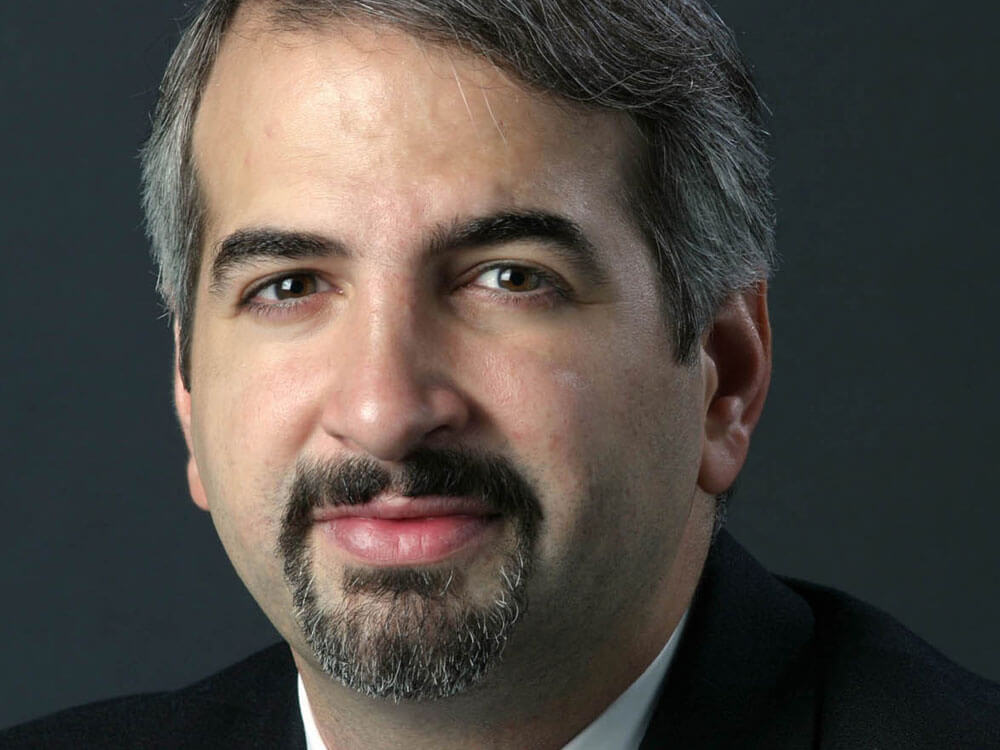Houghton Mifflin has published a memoir, House of Stone, by Anthony Shadid, the celebrated foreign correspondent for the New York Times who died on a clandestine journey to Syria last month from an asthma attack apparently caused by his guides’ horses.
Yesterday afternoon, Leonard Lopate of WNYC interviewed Shadid’s widow Nada Bakri and his friend Rajiv Chandrasekaran, foreign editor of the Washington Post. During the interview, Lopate said that Shadid “was shot by a sniper in Ramallah” in 2002 when he was a reporter for the Boston Globe. He also said that journalists are now being targeted in a way that they have not been in years gone by.
I’ve noticed that other obituaries of Shadid have referred to his shooting in the same oblique, passive manner. From the New York Times:
Mr. Shadid’s work entailed great peril. In 2002, as a correspondent for The Globe, he was shot in the shoulder while reporting in Ramallah, in the West Bank.
Though he did not see his assailant, Shadid and his companion at the time both believed that an Israeli shot him. Shadid, who was an Arab-American, wrote about it in this stirring piece of reporting on the Israeli incursion into the West Bank that Paul Mutter posted here after his death. Excerpt:
It happened in the afternoon, as Said [al-Ghazali, a Palestinian journalist] and I were walking back to my hotel through an area that had been in complete control of the Israeli military for days. We both wore flak jackets, and we both had “TV” written prominently with red tape on our backs. We walked in the middle of the street to avoid suspicion. I believe the single bullet was fired by an Israeli soldier, though I never saw him. I believe he thought I was Palestinian. The slug entered my left shoulder, blasted off part of my vertebrae, then exited my right shoulder. Twelve pieces of shrapnel were left in me.
So Shadid was targeted on a racial basis, by an Israeli soldier. And possibly targeted as a journalist. Don’t expect an accounting.



Nada Bakri was also interviewed on Democracy Now yesterday (Thursday) Anthony Shadid’s shooting by the IDF in 2002 is discussed by him in an excerpt shown on the show.
http://www.democracynow.org/2012/3/8/nada_bakri_widow_of_anthony_shadid
Excerpts from “House of Stone” are here:
http://www.democracynow.org/blog/2012/3/7/read_an_excerpt_from_anthony_shadids_new_memoir_house_of_stone
/ I believe the single bullet was fired by an Israeli soldier, though I never saw him. I believe he thought I was Palestinian/
I believe that he was fired by a Palestinian though i never saw him.
I believe he thought Shadid was an Israeli.
What’s the point of this article?
“no accounting” you know that
Anthony Shadids writings and interviews about Iraq etc have always been so moving. When I heard he had passed I sat in my truck and wept. What a huge loss to his family and to those around the world interested in the truth.
May he rest in peace.
ot
Ever notice how Shadid’s voice, tone sounds like Thomas Friedmans? Noticed this the first time I heard his voice.
Another voice match up is the new Chairman of the Joint Chief of Staff General Dempsey and Congressman Kucinich. They sound so much alike. We are weeping in Ohio losing Kucinich
Shadid. Some other great links to his story at this site
http://anthonyshadid.com/in-the-media/video/anthony-shadid-pbs-interview/
You really have to admire reporters like Anthony Shadid. He was able to walk the halls of power and be received with the utmost respect by the Charlie Roses of the world and rise to the highest perch of mainstream American journalism. But if you opposed US and Israel policies, you would not be riled reading his articles, like you are when you see the vast majority of mainstream reporting on the MidEast.
He was the best. He reported. He helped us understand. It’s a major loss.